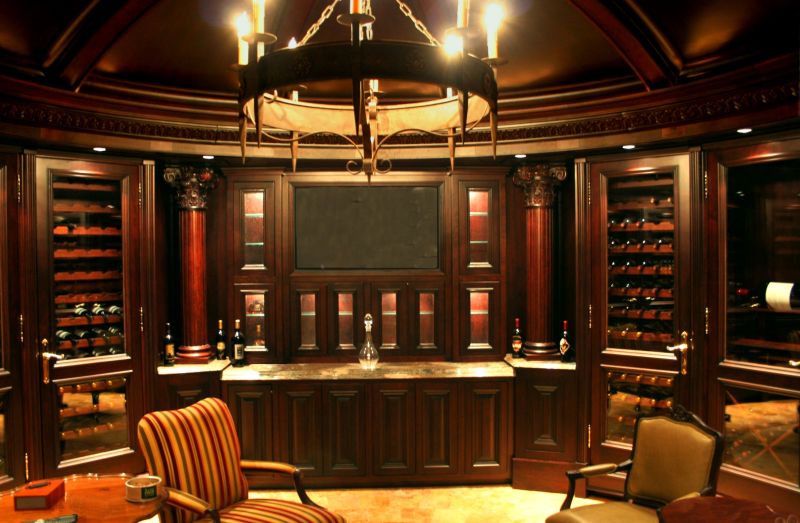Question
I recently decided to pursue a career in cabinet making and have just completed two training courses to prepare me to enter an apprenticeship program. One program is offering me an opportunity to apply through the Union in NYC, and the other is offering an opportunity to apply to non-union apprenticeships.
Although I am aware of the benefits and security of working with the Union, I have been told that the Union shops are largely factory production lines, and there is little opportunity to see any of your work through to the end.
I am interested in spending the next 4 or 5 year getting hands on experience of as many skills, techniques and tools/machines as possible so that in the end, I am properly qualified. I am aware that the Union provides classes in the evenings, but I'm concerned that I'll be stuck doing one task at one machine for months at a time. I'd appreciate any advice or personal experiences on the difference between union and non-union apprenticeship programs.
Forum Responses
(Business and Management Forum)
From contributor M:
It depends on the shop. In custom shops you do different things everyday. Union has better benefits, pension, 401K, and training. You make poor money in the beginning. Non-union depends on how fast you learn. You can learn fast and make good money. Every day you create something and it’s very rewarding. Its a tough choice.
What I would look at is if the shop does high end commercial or is it mostly boxes. Trade show houses are similar this way. If they are doing mostly boxes I would go with the custom shop, if there are some skilled people there.
I would just go look at the shops and see what sort of work they are doing and what sort of workers they have. See if it is the kind of work you want to do with the kind of people you want to work with. Also take a look at the people working there see if they look cheerful or not that will tell you something as well.
Custom shops lack formal training in many cases but offer you a chance to push your limits. If you are successful your rewards will far surpass monetary value. Whatever your choice is, make sure to get as much experience as you can. Far too many people come into this field with too little training.
Benefits are totally different. Most non-union shops do not have retirement, medical, dental or eye care for available for their employees or their family members. Retirement benefits of $2.75 per hour accrue after completion of 4 periods of apprenticeship - a person in their late 20's could have a lot of money set aside in a retirement account which you control how it is invested. Full medical, dental and eye care of $2.75 per hour is available to you and your family members at the completion of 390 hours and maintained by only working 130 hours per month. Your free training of $.29 per hour will be at one of the best apprenticeship facilities on the most current machinery using production/construction methods updated continually by the largest manufacturers available.
All of the above which is paid by signatory contractors like myself through administration of fringe benefit funds. Review - $20.90 per hour wages, $5.79 benefits = $26.69 per hour. Wages and benefits vary by region - in NYC probably double the above. There are various size union shops from the big exhibit companies to 1-2 man shops. Find the one you like. All shops have some sort of politics. The rewards of apprenticeship training are the good wages and benefits you receive while working in a shop under the protection of a union contract. In addition, you'll be a member of an organization with more than 650,000 members - the United Brotherhood of Carpenters and Joiners of America!
Comment from contributor J:
It can work either way and I've done both. What you must enjoy is the craft. If it's a money/security thing then go with the union (non risk taker). Very good companies, generally not less than 30 employees can offer you more such as benefits, a 401K and etc. So it's really on what type of path you're interested in.
